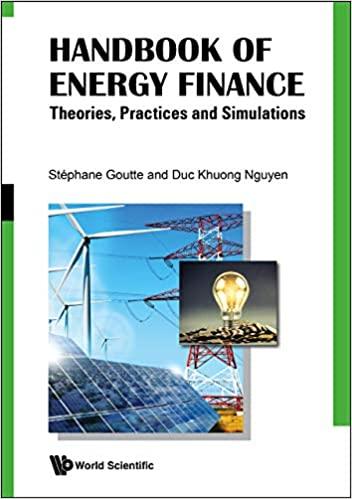Answered step by step
Verified Expert Solution
Question
1 Approved Answer
Blank 1 - retension of earnings / Payment of dividends Blank 2 - disregard / monitor Despite some theoretical assertions, many investors do care a

 Blank 1 - retension of earnings / Payment of dividends
Blank 1 - retension of earnings / Payment of dividends
Blank 2 - disregard / monitor
Despite some theoretical assertions, many investors do care a great deal about dividends. They believe that sure dividends today (a bird in the hand) are less risky than a return in the form of capital gains in the future. The following table lists some factors that might affect an investor's preference for dividends. Indicate whether the given factors are likely to make an investor prefer to receive more or fewer dividends. Investors will likely Prefer... More Fewer Dividends Dividends Factor The value of a dividend received today is known, but the value of a capital gain received in the future is uncertain. When investors receive dividends today, they may choose to reinvest or to consume goods. With capital gains, shareholders in high tax brackets have the ability to defer taxes into the future. O In examining investors' preferences for dividends, it is useful to begin with the concept of dividend irrelevance. Dividend irrelevance suggests that in a world with no taxes or brokerage (or transaction) costs, firms and investors are indifferent to the paying or receiving of dividends. However, as these restrictions are relaxed, various factors suggest that firms should pursue high or low payouts. One such factor is: Taxes on capital gains are deferred until the capital gain is realized, whereas taxes on dividends are due in the year in which they are received. Based on the factor described, identify whether investors, in general, will tend to favour high or low payout ratios. Favour a high payout Favour a low payout Erin and Mia are finance researchers and are discussing the Modigliani and Miller (MM) dividend irrelevance theory. Based on your understanding of MM's argument and the impact of the assumptions applied to the argument, fill in the missing parts of their conversation. ERIN: Modigliani and Miller (MM) dividend irrelevance theory is based on several assumptions. However, in the real world, these assumptions don't apply. MIA: Yes, Erin. Along with the assumptions not applying to the real world, there are other factors that affect the companies' dividend policy such as agency costs. ERIN: Absolutely. The helps to reduce agency costs between shareholders and management. MIA: Raising funding by issuing new stock requires companies to meet several regulatory requirements, which helps to managerial performanceStep by Step Solution
There are 3 Steps involved in it
Step: 1

Get Instant Access to Expert-Tailored Solutions
See step-by-step solutions with expert insights and AI powered tools for academic success
Step: 2

Step: 3

Ace Your Homework with AI
Get the answers you need in no time with our AI-driven, step-by-step assistance
Get Started


